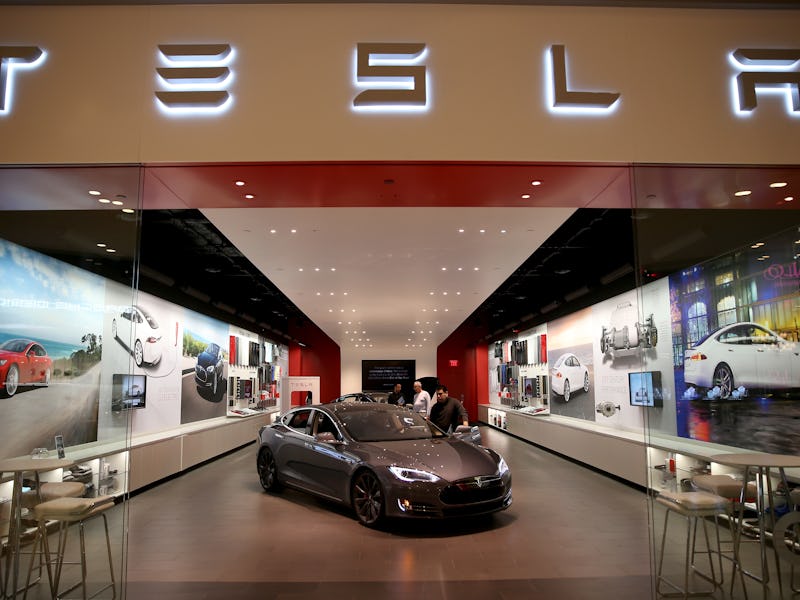Germany to Tesla: Stop Saying Autopilot, Your Cars Need Drivers

German authorities have criticized Tesla’s marketing literature, which refers to an “autopilot” mode that can automatically drive the company’s electric cars along highways. Transport minister Alexander Dobrindt claimed on Sunday that the name suggests that people don’t need to pay attention, but the technology is far away from offering the same capabilities as a self-driving car.
“It can be confirmed that a letter to Tesla exists with the request to no longer use the misleading term Autopilot for the driver assistance system of the car,” a spokesperson for Germany’s Federal Motor Transport Authority (KBA) told Reuters.
The KBA sent the letter to Tesla on Friday. Tesla responded that the term had been used in the aerospace industry for decades, and was unlikely to be confused by any sort of driverless capabilities. The company also told Reuters that the feature improves driver safety and reduces workload.
German Transport Minister Alexander Dobrindt has asked Tesla to stop using the term "autopilot."
“In order to prevent misunderstanding and incorrect customers’ expectations, we demand that the misleading term Autopilot is no longer used in advertising the system,” the letter to Tesla, published in Bild am Sonntag, said.
Tesla recently upgraded its autopilot systems with a software update. Starting with version 8.0, the car would navigate highways using radar instead of traditional cameras. The system allows cars to detect objects the human eye would not be able to see, and can share this information with other vehicles on the road.
The new autopilot also improves crash detection. The vehicle will swerve to avoid collision, if the user has enabled this feature, but will only take over in extreme circumstances. Since the technology debuted last year, Tesla has racked up over 222 million miles in driving, but as German authorities are keen to remind people, those miles aren’t entirely driverless.